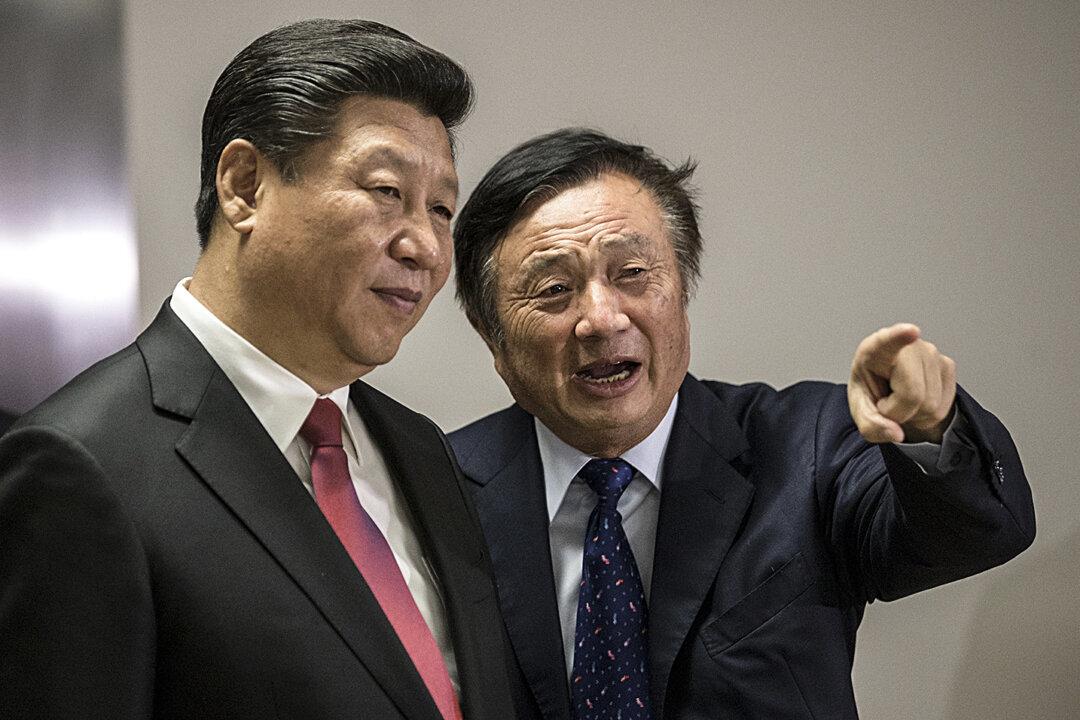The arrest of Huawei Chief Financial Officer Meng Wanzhou by Canadian authorities has thrust the world’s largest telecommunications company into the international spotlight.
While officially considered a private enterprise, Huawei isn’t listed on any stock exchange, and governments around the world consider the company an important tool for China’s communist authorities. U.S. prosecutors have accused Huawei of using a Hong Kong company to skirt sanctions imposed on Iran, mirroring earlier charges against ZTE, another prominent Chinese tech company that sold U.S.-made equipment to Iran and North Korea.





